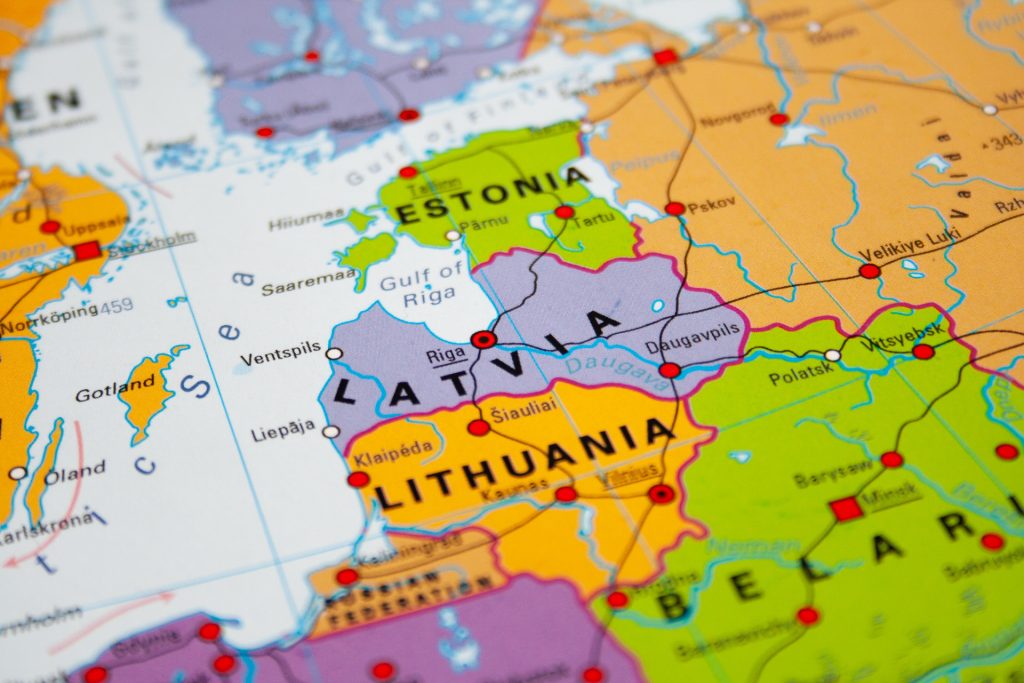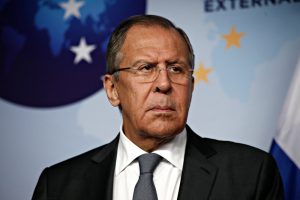Lithuania, Latvia, and Estonia celebrate a historic step toward full independence from Russia.
Others are reading now
In an era of heightened geopolitical tensions, energy security has become a crucial priority for many nations.
On Sunday, the Baltic states of Lithuania, Latvia, and Estonia achieved a long-awaited goal by fully integrating into the European energy network, officially severing their dependence on Russia’s electrical grid.
As reported by Digi24, European Commission President Ursula von der Leyen hailed the event as a turning point, stating, “Today we connect the Baltic states to the continental European grid. We cut the last ties with Russia. We are finally free from threats and blackmail. It’s a historic day!”
A ceremony in Vilnius featured leaders from all three Baltic nations, Poland, and the European Commission.
Also read
Lithuanian President Gitanas Nausėda emphasized the significance of the milestone, declaring, “This marks the end of a long journey. We have reached full energy independence. The era of political pressure and blackmail is finally over.”
Strengthening Europe’s Critical Infrastructure
Efforts to disconnect from the Russian energy system intensified after Russia’s 2022 invasion of Ukraine.
The Baltic nations, staunch supporters of Ukraine, aimed to eliminate any risk of energy-based coercion from Moscow. The integration into Europe’s network was completed through Poland, with approximately €1.6 billion invested in the project, largely funded by the European Union.
Nausėda urged for enhanced EU action to protect critical infrastructure, citing recent incidents in the Baltic Sea.
Several underwater energy and telecom cables were damaged in recent months, raising concerns about possible sabotage.
While experts and politicians have accused Russia of engaging in hybrid warfare, targeting key infrastructure, Moscow has denied these claims.
With this development, the Baltic states have fortified their position within the European energy framework, underscoring their commitment to reducing reliance on Russian influence and enhancing the continent’s resilience in the face of emerging security challenges.








